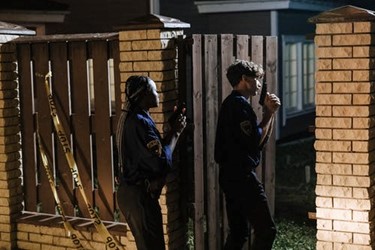Have you ever been asked to pull over by a cop? Most people in their lives are never called out by the police. Many who have been are stopped over over-speeding or drunk driving. Cases wherein the police decide to search you may entail a serious criminal offense. The police can stop you on the road to ask for your id, but they can’t inspect your vehicle or search you without written orders.
The police usually search a person when they are suspicious about their activities or whereabouts. There may be times when police searches might come off as unconstitutional and extra-judicial. As an informed citizen you can ask the police officer the reason for their search or call them out if you feel the search is unconstitutional.
In all circumstances, it is most suitable that you remain calm and composed. Don’t argue, meddle or complain to the officer. You will be given the right to speak once the arrest has been made.
If the situation escalates further, our company offers bail bonds to defenders at the most market competitive pricing.
Read below to understand how police searches work.
Different Kinds of Searches

While all searches give the police direct access to your belongings, the motive of each search can be different.
Post-Arrest Search
If a person has been arrested for an offense, the police have the power to inspect and search their properties and official/non-official belongings.
Pat-Down Search
Pat-down is a kind of protective search that is performed when an officer pats down the clothing of a person to find weapons or other illegal items. The search is allowed under the 4th Amendment of the national constitution.
Consensual Search
It’s the simplest kind of search. A cop doesn’t require a warrant for it since there is the person’s consent. These searches involve searching properties, documents, and belongings.
Search Warrant
Consent or no consent, a search warrant is an official document whereby the officer can search the property as written in the court orders. To obtain a search warrant, officers present their case in front of a judge. The judge grants permission to the officer to search.
You have a right to deny being searched in pat-down and consensual searches. In the case of a post-arrest search, an officer may search the premises for additional evidence.
In case of an arrest, it’s better to let your attorney speak for you. Bails allow defenders to continue their routine life while their cases proceed in courts. Licensed bail agents help you pay bail bonds without paying for the entire bail amount.
To hire a licensed bail bondsman in Indiana, contact DeLaughter Bail Bonds. We’re a family-owned business with tailored solutions for your law-and-order mishaps. Our bail bonds agency works 24/7 to help our customers anytime they want. We offer our services with transfer and surety bonds. Our bail bond service can write bonds in fifty states in the US to ensure a speedy bail.




